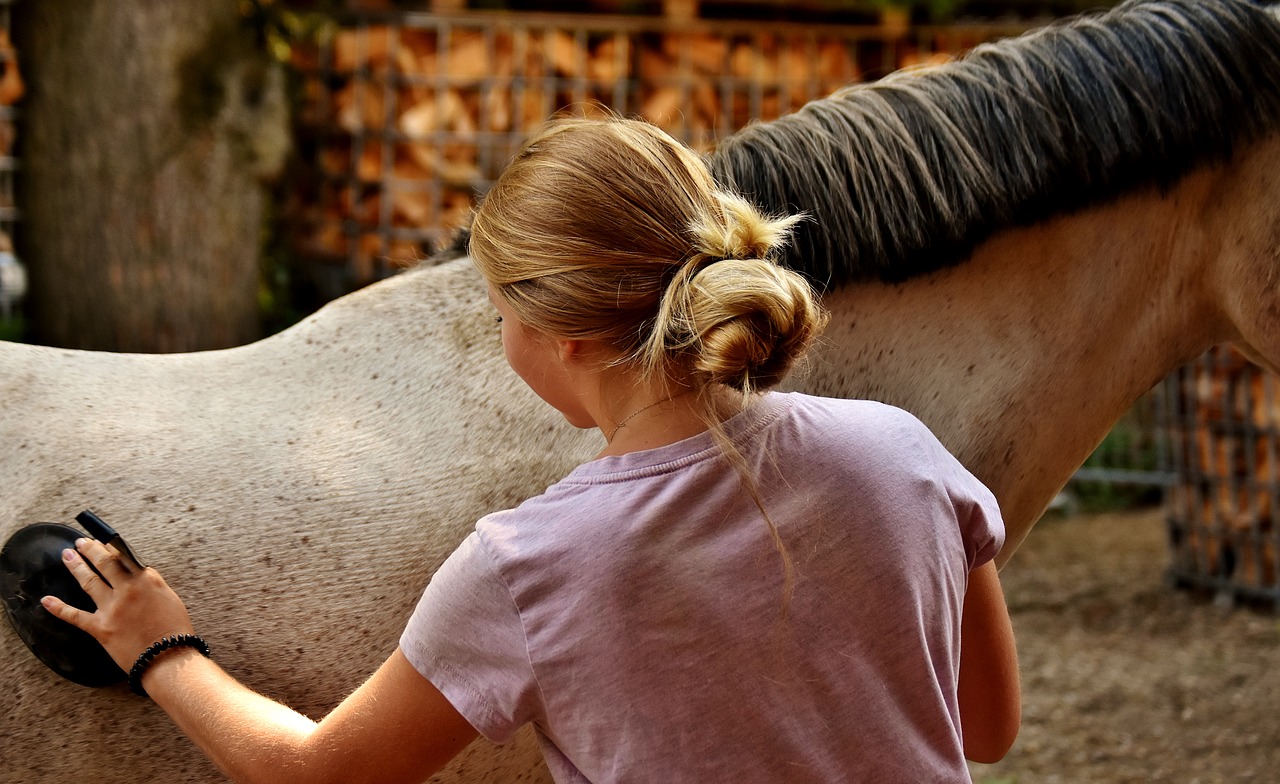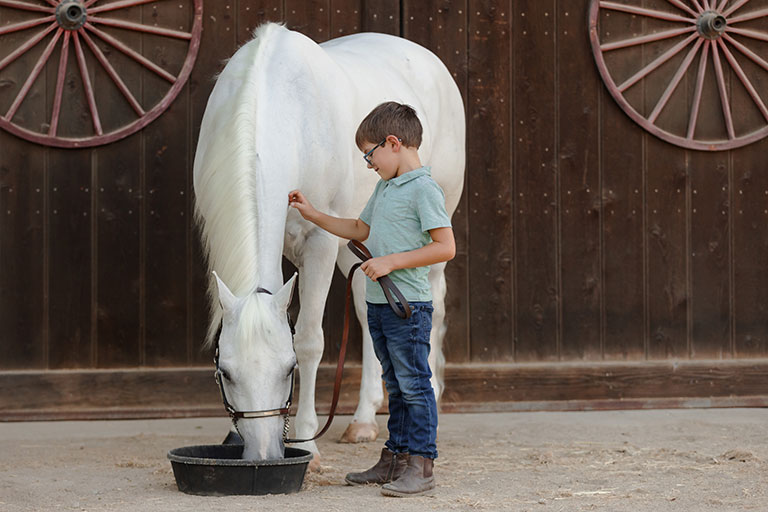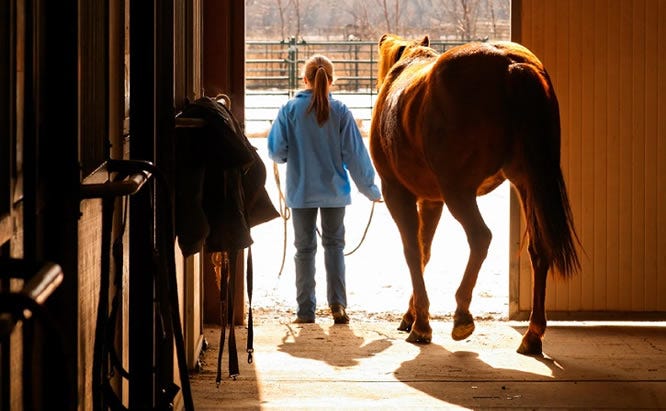Caring for an aging horse involves understanding their specific health needs and making adjustments to ensure they live a comfortable and happy life. Just like humans, horses face age-related changes that can impact their overall well-being. In this article, well delve into crucial aging horse health tips to help you provide the best care for your senior equine companion.

Understanding the Aging Process in Horses
As horses age, they undergo various physiological changes. Their metabolism slows, their teeth wear down, and their joints may experience stiffness. Recognizing these signs early can help manage their health effectively.
The Importance of Regular Veterinary Check-Ups
Routine veterinary visits are essential for aging horses. Regular check-ups can detect potential health issues before they become serious. Veterinarians can also provide tailored advice on nutrition, exercise, and overall care.
Nutrition: Tailoring the Diet for Senior Horses
Nutrition plays a critical role in maintaining a senior horse’s health. Older horses often require a diet that is higher in fiber and lower in sugar. Consider consulting with a veterinarian to create a diet plan that meets your horse’s specific needs.
Choosing the Right Feed
Selecting the appropriate feed is crucial. Look for feeds specifically designed for senior horses, which are formulated to support their digestive health and provide the necessary nutrients.
Supplements for Joint Health
Joint supplements can be beneficial for older horses experiencing arthritis or joint stiffness. Ingredients like glucosamine and chondroitin support joint health and mobility.
Exercise and Mobility
Maintaining a regular exercise routine is important for keeping your horse active and healthy. Adjust the intensity and duration of exercise based on your horses condition and capabilities.
Low-Impact Activities
Engage in low-impact activities such as walking or light trotting to keep your horse fit without putting unnecessary strain on their joints.
Regular Movement
Ensure your horse has ample opportunity to move around freely. Regular movement helps maintain muscle tone and prevents stiffness.
Dental Care: Vital for Senior Horses
Dental health is critical for senior horses. As horses age, they are prone to dental issues such as tooth wear and oral tumors. Regular dental examinations are essential to prevent and address these problems.
Signs of Dental Issues
Look out for signs such as difficulty eating, weight loss, and bad breath, which may indicate dental problems. Consult a veterinarian if you notice any of these symptoms.
Monitoring Weight and Body Condition
Regularly monitor your horse’s weight and body condition. Weight loss or gain can indicate underlying health issues. Use a weight tape or consult your veterinarian to ensure your horse maintains a healthy weight.
Providing a Comfortable Environment
Creating a comfortable living environment is crucial for your aging horse. Ensure their stable is clean, dry, and safe. Provide soft bedding to ease pressure on their joints.
Protection from Weather Extremes
Older horses may have a harder time regulating their body temperature. Ensure they have adequate shelter from extreme weather conditions, including heat, cold, and rain.
Managing Stress and Socialization
Socialization and mental stimulation are important for senior horses. Ensure they have companionship and engage in activities that stimulate their mind.
Understanding Behavioral Changes
Be aware of behavioral changes that may indicate discomfort or health issues. Changes in appetite, energy levels, or mood can be signs of underlying problems.

FAQs
How often should an aging horse see a vet?
Its recommended that aging horses have veterinary check-ups at least twice a year to monitor their health and address any issues early.
What are common signs of aging in horses?
Common signs include greying of coat, weight loss, dental issues, and decreased energy levels.
Can aging horses still be ridden?
Yes, but its important to adjust the riding routine to suit their capabilities. Consult with a veterinarian for personalized advice.
For more detailed advice on caring for older horses, consider visiting this resource on senior horse care.
This article contains affiliate links. We may earn a commission at no extra cost to you.
